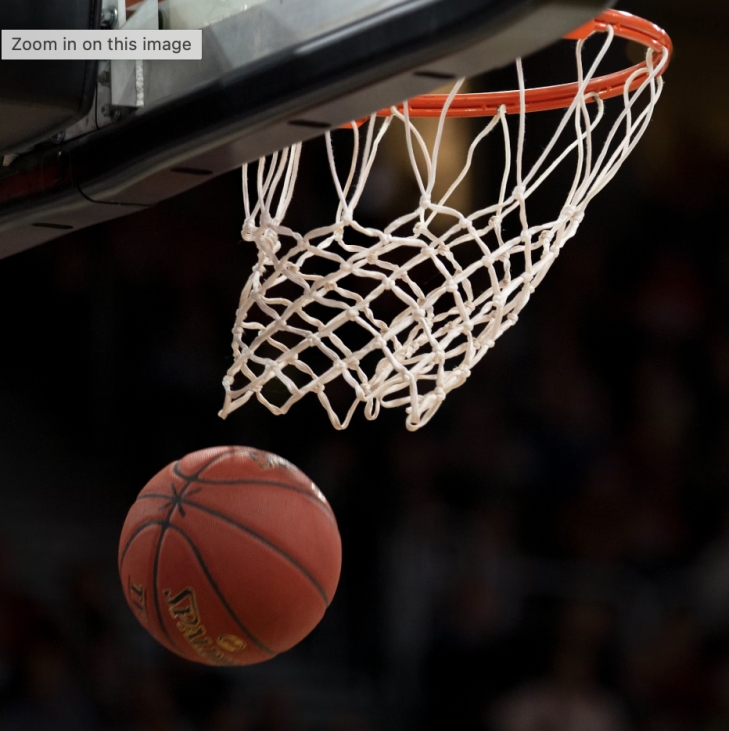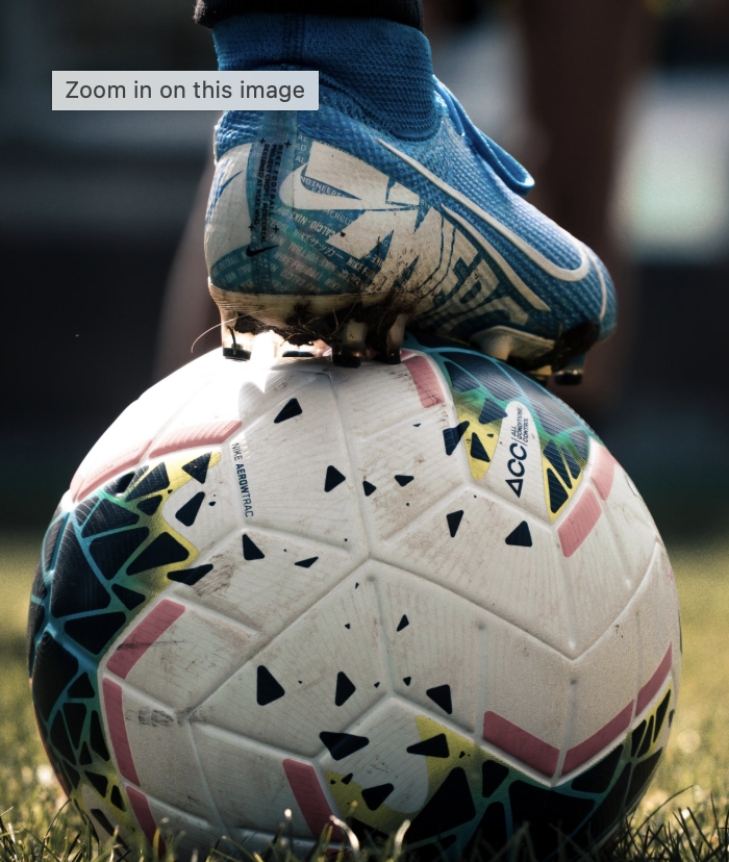Football is more than just a game played on the field. For many students, it serves as a gateway to personal growth, discipline, and academic success. While the sport is known for its physical benefits, its impact extends far beyond fitness. It helps students develop essential life skills, including teamwork, leadership, and time management. These qualities are not only valuable on the pitch but also in classrooms, where students juggle studying, homework, and assignments.
Balancing academics and sports can be challenging, and some students struggle to complete their coursework while dedicating time to training and matches. Many find creative ways to manage their time, while others seek support from tutors or online resources. In some cases, students even choose to pay for research paper services when they are overwhelmed with deadlines. By learning to balance sports and academics, student-athletes develop a strong work ethic that benefits them in all aspects of life.
Football fosters a sense of responsibility among students, teaching them how to prioritize their studies while committing to their passion. Schools and colleges often recognize the importance of sports in academic performance, offering special programs and scholarships to support student-athletes. These initiatives motivate students to stay disciplined, ensuring they do not neglect their education while pursuing their football dreams.
As more students engage in football, they experience the sport’s positive effects on their cognitive and social development. From improving concentration in school to enhancing teamwork in group assignments, football proves to be a valuable tool for learning. This article explores the various ways football benefits students academically, socially, and personally, making it clear that the game extends far beyond the pitch.
1. The Academic Benefits of Football
1.1 Improved Focus and Cognitive Skills
Football requires quick thinking, problem-solving, and strategic planning, all of which contribute to enhanced cognitive function. These skills translate directly into the classroom, where students must analyze information, develop arguments, and complete assignments efficiently. Playing football regularly sharpens memory and concentration, helping students retain information better while studying.
Additionally, the game demands a high level of mental alertness and decision-making under pressure. This ability to think on their feet benefits students in subjects like mathematics and science, where logical reasoning and quick calculations are essential. Football players often perform better in academic tasks that require analytical thinking and problem-solving.
1.2 Time Management and Discipline
Balancing school, homework, and football practice requires exceptional time management skills. Student-athletes must plan their schedules carefully to ensure they meet academic deadlines while maintaining their training commitments. This habit of structuring their time efficiently prepares them for college and professional life, where managing multiple responsibilities is crucial.
Discipline is another key trait developed through football. Following strict training routines and adhering to school rules help students develop a strong sense of responsibility. This discipline translates into their academic life, ensuring they stay focused and committed to their studies despite external pressures.
2. Football and Social Development
2.1 Teamwork and Leadership Skills
Football is a team sport that requires players to communicate, coordinate, and trust each other. These teamwork skills extend to school projects and group assignments, where students must collaborate effectively to achieve a common goal. Learning to work with diverse individuals prepares students for future careers, where teamwork is essential in most professions.
Moreover, football nurtures leadership qualities in students. Captains and senior players often take responsibility for guiding their teammates, making strategic decisions, and motivating others. These leadership skills help students excel in school leadership roles, presentations, and future job positions.
2.2 Building Friendships and Social Skills
Football creates a strong sense of camaraderie among players, fostering lifelong friendships. The shared experiences of winning and losing together teach students how to support and encourage one another. These social skills are essential in school and college, where students interact with peers, teachers, and mentors.
Participating in football also helps students develop emotional intelligence, allowing them to handle conflicts, express themselves effectively, and empathize with others. These qualities contribute to a well-rounded personality, making students more approachable and confident in social settings.
3. Physical and Mental Health Benefits
3.1 Physical Fitness and Academic Performance
Engaging in football promotes physical fitness, which directly impacts academic performance. Studies show that regular physical activity improves blood circulation to the brain, enhancing memory and cognitive function. As a result, student-athletes often perform better in exams and assignments compared to their less active peers.
Football also helps prevent health issues related to a sedentary lifestyle, such as obesity and stress-related disorders. Staying physically active contributes to higher energy levels, allowing students to concentrate better in class and remain productive while studying.
3.2 Stress Reduction and Mental Well-Being
School and college life can be stressful, with students often feeling overwhelmed by assignments, exams, and social pressures. Football provides a healthy outlet to relieve stress, allowing students to unwind and refresh their minds. Physical exercise releases endorphins, the body’s natural stress relievers, promoting a positive mood and reducing anxiety.
Additionally, playing football instills a sense of achievement and self-confidence. Whether it’s scoring a goal or making a great pass, these small victories boost students' self-esteem, motivating them to tackle academic challenges with the same determination.
4. Football as a Career and Educational Opportunity
4.1 Scholarships and College Admissions
Many colleges and universities offer scholarships to talented football players, providing them with educational opportunities they might not have otherwise. These scholarships encourage students to excel both academically and athletically, ensuring they maintain good grades while representing their school on the field.
Student-athletes who balance their education and sports effectively stand out in college applications. Their ability to manage multiple responsibilities demonstrates commitment, resilience, and strong character—qualities that colleges highly value.
4.2 Career Opportunities in Football
While not every student becomes a professional football player, the sport opens doors to various career paths. Sports management, coaching, physiotherapy, and journalism are just a few of the many fields connected to football. By staying involved in the sport, students can build careers that align with their passion while continuing their education.
Even for those who choose non-sports careers, the lessons learned from football—teamwork, discipline, and leadership—prove invaluable in the workplace. Employers appreciate individuals who have experience in structured sports, as it reflects their ability to handle challenges and work well in teams.
Conclusion
Football is more than just a sport—it is a powerful tool that shapes students academically, socially, and physically. From improving focus and time management to building teamwork and leadership skills, football provides a well-rounded learning experience that extends beyond the classroom. Students who engage in football develop discipline and resilience, making them better equipped to handle school and life challenges.
For students looking to balance football and academics, managing time effectively is key. When overwhelmed, they can seek academic support, including the best place to buy a research paper to ensure they stay on top of their coursework. Ultimately, football teaches life lessons that prepare students for success in school, college, and beyond. Whether on the pitch or in the classroom, the skills learned through football remain valuable for a lifetime.





